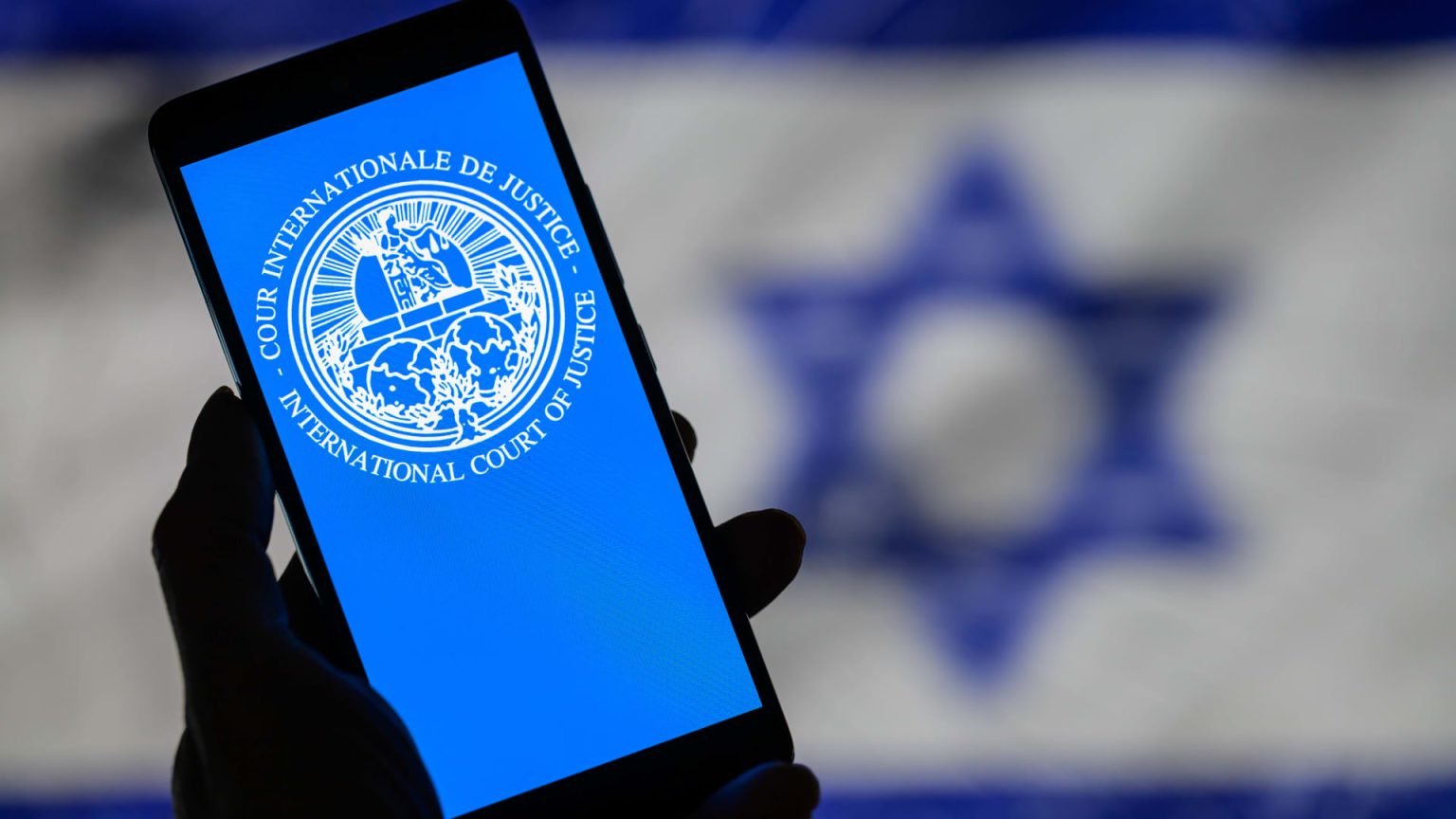The International Court of Justice, or ICJ, ordered Israel to immediately cease its military offensive in Rafah in the Gaza Strip to protect Palestinian civilians. The court noted that conditions in Rafah had worsened since its last ruling in March and that Israel’s evacuation measures were insufficient. Israel defended its actions, stating that it was acting in self-defense and in compliance with international law. Israeli officials emphasized their efforts to provide humanitarian aid and minimize harm to civilians.
Israel’s Finance Minister emphasized the importance of continuing the war to avoid jeopardizing the safety of Israeli citizens. South Africa had requested the ICJ’s ruling on the Rafah offensive, part of a broader case concerning genocide risks in Gaza. While the ICJ has urged Israel to prevent genocide, it has not mandated a ceasefire. Israel’s objective is to eliminate Palestinian militant group Hamas, responsible for a deadly attack in October. The conflict has claimed thousands of lives, leading to international concerns over the proportionality of Israel’s response.
Hamas welcomed the ICJ ruling, calling for U.N. intervention to pressure Israel to comply. The Palestinian Authority supported the decision, hoping to end the conflict and achieve international consensus. The ICJ’s rulings are final but not enforceable, potentially isolating Israel further. The situation in Rafah has strained relations between Israel and the U.S., with Netanyahu defending the offensive as necessary for national security. The World Court’s ruling is the latest diplomatic setback for Israel, following ICC applications for arrest warrants against Israeli and Hamas leaders and three countries recognizing an independent Palestinian state.
The ICJ’s ruling reflects ongoing concerns about the impact of Israel’s military offensive on civilian populations in Gaza. While Israel argues that its actions are necessary for self-defense, the international community has raised questions about the proportionality of its response. The court’s decision underscores the need for accountability and the protection of civilian lives in conflict zones. Israel’s continued military campaign in Gaza has led to diplomatic tensions and calls for a peaceful resolution to the conflict.
Hamas and the Palestinian Authority have welcomed the ICJ ruling, hoping to bring an end to the violence in Gaza. The Palestinian people continue to suffer as a result of the ongoing conflict, highlighting the urgency of finding a diplomatic solution. The ICJ’s pronouncement carries significant weight internationally, challenging Israel’s actions and calling for respect for human rights and international law. The situation in Rafah underscores the need for dialogue and cooperation to prevent further escalation and protect the rights of all those affected by the conflict.
Israel’s response to the ICJ ruling reflects its commitment to national security and self-defense but also highlights the challenges of balancing security concerns with international law and humanitarian principles. The international community plays a crucial role in holding parties accountable for their actions and promoting peaceful resolutions to conflicts. The ongoing conflict in Gaza raises broader questions about justice, accountability, and the protection of civilians in conflict zones. The ICJ’s ruling is a reminder of the importance of upholding human rights and international law in times of conflict, and the need for all parties to engage in constructive dialogue to achieve lasting peace in the region.


